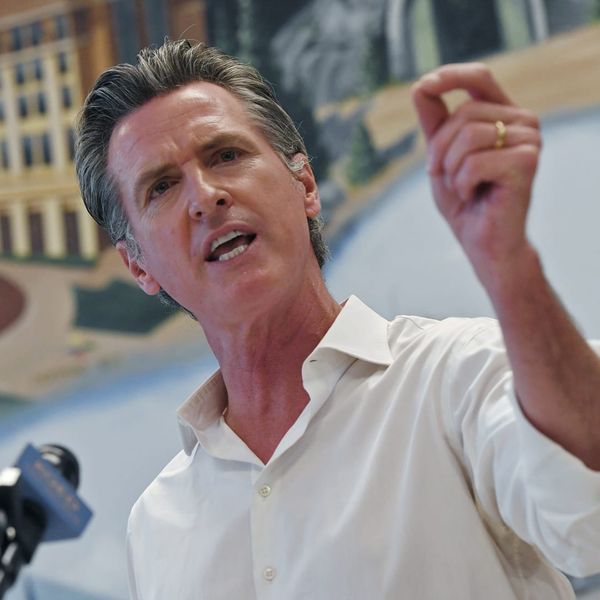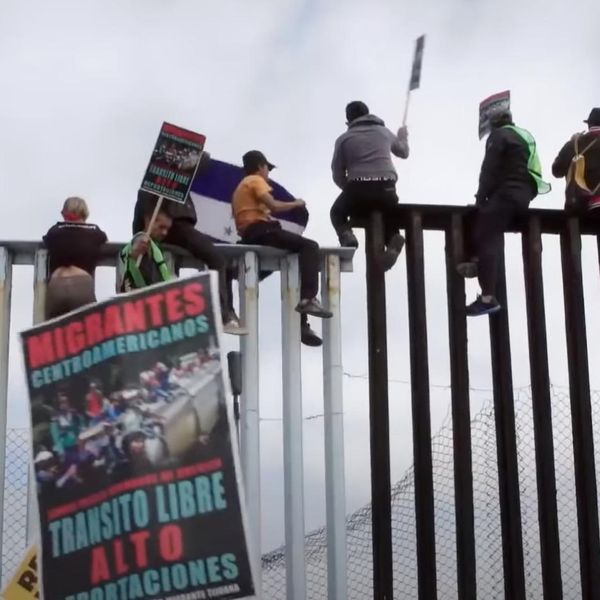
When reports broke that President Donald Trump had picked Stephen Moore to serve at the Federal Reserve, the backlash was swift and severe.
Moore is best known for being an economic analyst who is terrible at his job. Jonathan Chait called him a “famous idiot.” Economist Greg Mankiw, one of the most venerated conservative economists, said he “does not have the intellectual gravitas for this important job.” Catherine Rampell humiliated him in a debate about deflation.
But one point in Moore’s unimpressive history is a piece he wrote in early January of 2009, in the depths of the financial crisis that began in 2008.
In this perilous time, with the United States facing financial disaster and the world economy staring over the edge of a cliff, Moore advised policymakers to turn to a book at the center of his worldview: Ayn Rand’s Atlas Shrugged.
It’s not a historical analysis of past recessions or a methodical examination on various economic theories of boom and bust cycles. Instead, it’s a far-right melodramatic novel, a favorite of libertarian extremists, that paints the government as incompetent and a few select entrepreneurs as all-knowing titans.
It provides no actual insights about how the government might mitigate a recession, and Moore is unable to extract any real guidance from its pages in his op-ed, aside from perhaps abolishing all income taxes (!?). But nevertheless, he writes, “If only Atlas were required reading for every member of Congress and political appointee in the Obama administration. I’m confident that we’d get out of the current financial mess a lot faster.”[sic]
This isn’t meaningful analysis or actionable policy guidance — it’s ideological mouth noise designed to impress the uninformed.
In one bizarre passage, he analogizes Rand’s story of an innovative metal inventor having his discovery co-opted by the government to the Treasury secretary pressuring banks to accept bailouts at the cost of giving the United States a financial stake. These instances couldn’t be more different — the government seizing rights to an invention versus taking partial control of banks while providing bailouts to prevent financial catastrophe. A catastrophe driven, in part, by wildly reckless banking practices. And despite Moore’s implications, the actions taken during the recession, whatever their wisdom, didn’t lead the government to keep seizing control of banks — it backed off once the crisis was averted.
The Fed, under the leadership of Chair Ben Bernanke, played a key role in the efforts to respond to the 2008 recession. There are good arguments that it could and should have done more, but those counterfactuals will always be difficult to prove.
But Moore’s view at the time appears to have been that the government should have just stood back and watched as the world burned. And he based this view, of all things, on an absurd novel written by a non-economist.
Now, Trump thinks he should have a say in U.S. monetary policy.








